Irish soldier shot, killed on UN peacekeeping mission in southern Lebanon
An Irish soldier on a United Nations peacekeeping mission in Lebanon has been shot dead and a second is in critical condition after a “hostile” crowd surrounded their armored vehicle and opened fire in the southern part of the Arab nation.
“A convoy of two armored utility vehicles carrying eight personnel traveling to Beirut came under small arms fire” late on Wednesday, the Irish military said in a statement on Thursday.
The statement added that “four personnel were taken to Raee Hospital, near [the southern Lebanese city of] Sidon as a result of the (2115 GMT) incident.”
“One soldier was pronounced dead on arrival at the hospital, and another has undergone surgery and is in a serious condition. The other two soldiers are being treated for minor injuries,” the military noted.
Óglaigh na hÉireann can confirm the name of the the soldier killed on active service whilst serving in UNIFIL this morning.
— Óglaigh na hÉireann (@defenceforces) December 15, 2022
869674 Private Seán Rooney, a member of the 27 Infantry Battalion and a native of Newtwoncunningham, Co Donegal.
Ar dheis Dé go raibh a anam. pic.twitter.com/j7N6l7F6i6
Irish Foreign Minister Simon Coveney said the soldiers were part of the United Nations Interim Forces in Lebanon (UNIFIL), and were on a standard run from UNIFIL's area of operations in southern Lebanon to the capital Beirut when the incident happened in the village of al-Aqbieh.
He expressed “profound sadness and a deep sense of shock” over the peacekeeper's death.
Last night a peacekeeper was killed and three others were injured in an incident in Al-Aqbieh, just outside UNIFIL’s area of operations in south Lebanon.
— UNIFIL (@UNIFIL_) December 15, 2022
We offer our deepest condolences to the friends, family, and colleagues of the peacekeeper who died.
Coveney, who in New York for a UN Security Council meeting, said he will meet UN Secretary General Antonio Guterres later on Thursday to discuss the incident.
“We're all very shocked and deeply saddened, it is a reminder to us of the extraordinary sacrifices that our peacekeepers make on a constant basis,” Irish Prime Minister Micheál Martin also told reporters in Brussels.
UNIFIL said it was coordinating with the Lebanese army, and had launched an investigation into the incident.
“A quick & thorough investigation to determine the facts of this tragic incident is crucial,” the UN's special coordinator for Lebanon Joanna Wronecka wrote in a post published on her Twitter page.
Deeply saddened by the death of @UNIFIL_ Irish peacekeeper. Heartfelt condolences to his family, to FC @aroldo_lazaro & all peacekeepers in south 🇱🇧. Wishing the injured a speedy recovery. A quick & thorough investigation to determine the facts of this tragic incident is crucial. https://t.co/WH1dXvwJMT
— Joanna Wronecka (@JWronecka) December 15, 2022
Lebanon's caretaker Prime Minister Najib Mikati expressed his “deep regret” following the incident, urged all parties to “show wisdom and patience”, and underlined the “need to carry out the necessary inquiries to determine its circumstances and prevent its repetition.”
Senior Hezbollah official says movement not involved
Moreover, a senior member of the Lebanese Hezbollah resistance movement said his group was not involved in the death of an Irish soldier on a UN peacekeeping mission in southern Lebanon the previous evening.
Wafiq Safa told Reuters news agency that his party offered its condolences “after the unintentional incident that took place between the residents of al-Aqbieh and individuals from the Irish unit,” and said that Hezbollah should not be “implicated” in the incident.
The remarks come as Lebanese authorities and Hezbollah officials have long criticized UNIFIL for failing to stop near-daily Israeli infringements on Lebanese sovereignty via air, sea and land.
The UNIFIL has been stationed at Lebanon's southern border since 1978, during the country's civil war, and was beefed up following Israel's 33-day war on Lebanon in the summer of 2006.
The UN force now boasts nearly 10,000 troops, and acts as a buffer between Israel and Lebanon, which remain technically at war.
During the annual renewal of UNIFIL's mandate by the UN Security Council at the end of August, its terms of deployment were slightly altered.
The new wording states that the force “is allowed to conduct its operations independently.”
Russian court orders Google to pay staggering fine of $20 decillion
Yemeni forces carried out five operations in Haifa, targeting six ships, in one year: Report
VIDEO | US-Israeli war on West Asia
Israeli war machine fails to penetrate Lebanon despite barbaric bombardment: Houthi
VIDEO | Is West's dominance over?
VIDEO | Five Syrians killed in Israeli airstrikes on al-Qusayr near Homs
VIDEO | South African resistance leaders reflect on ways to overcome Israeli aggression
VIDEO | Press TV's news headlines


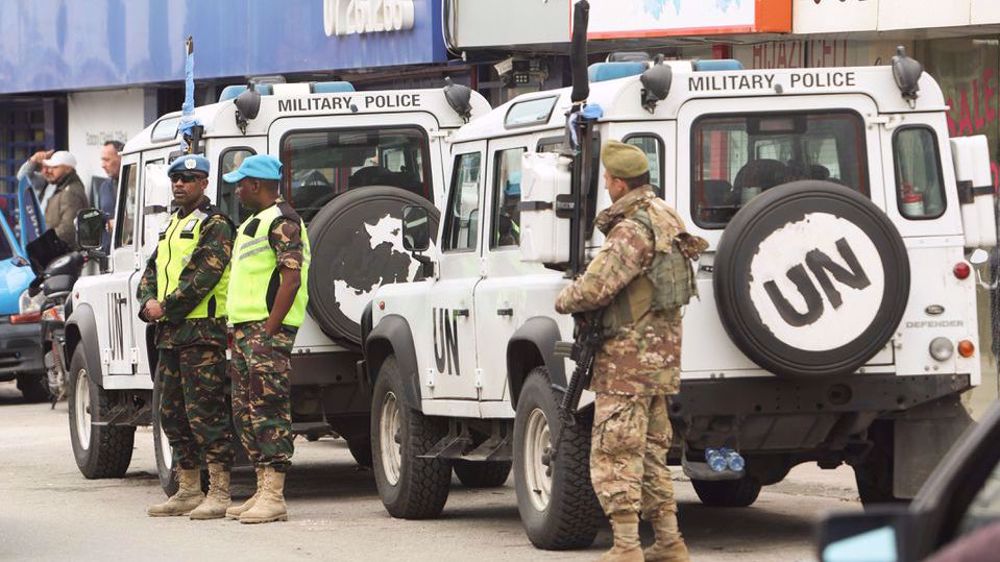
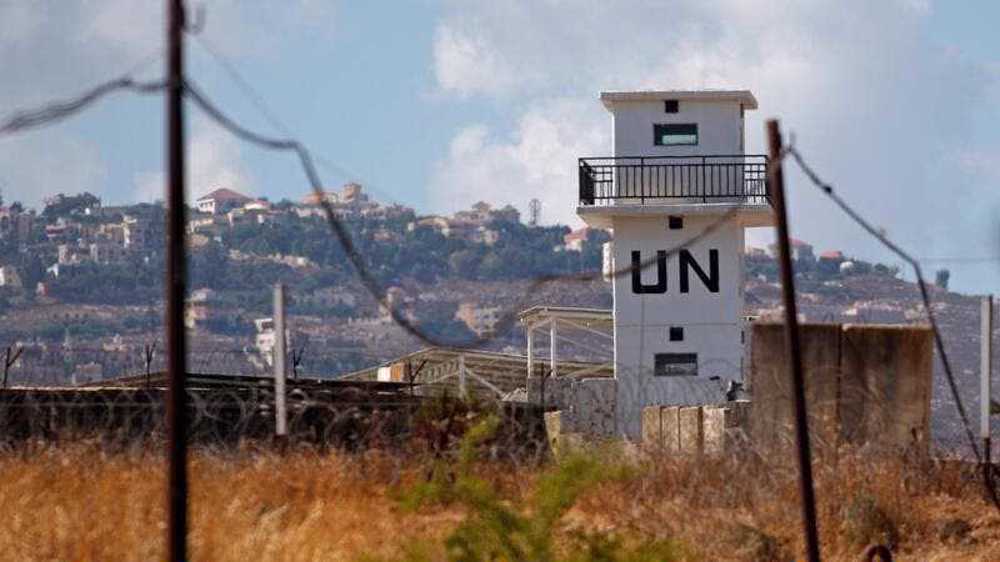
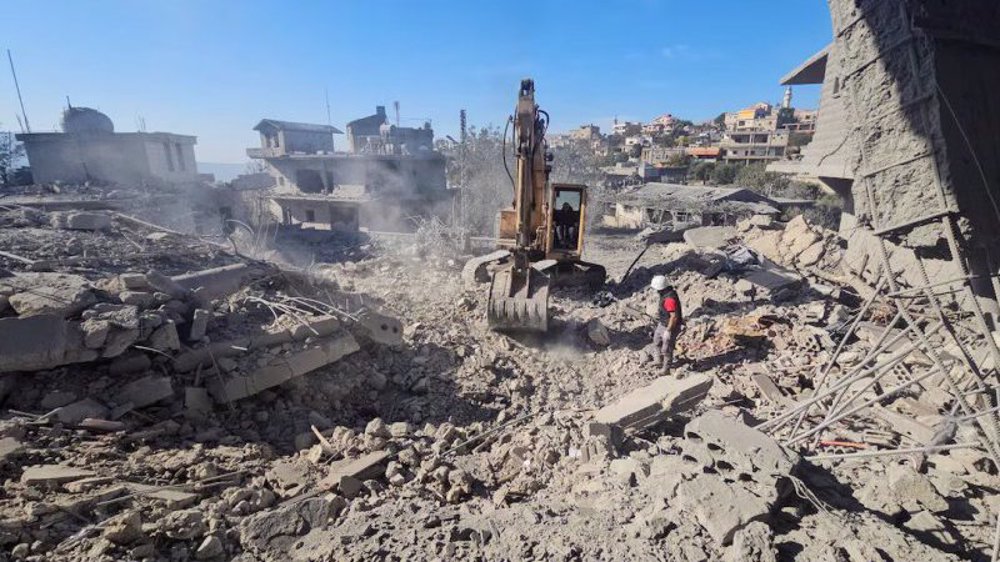
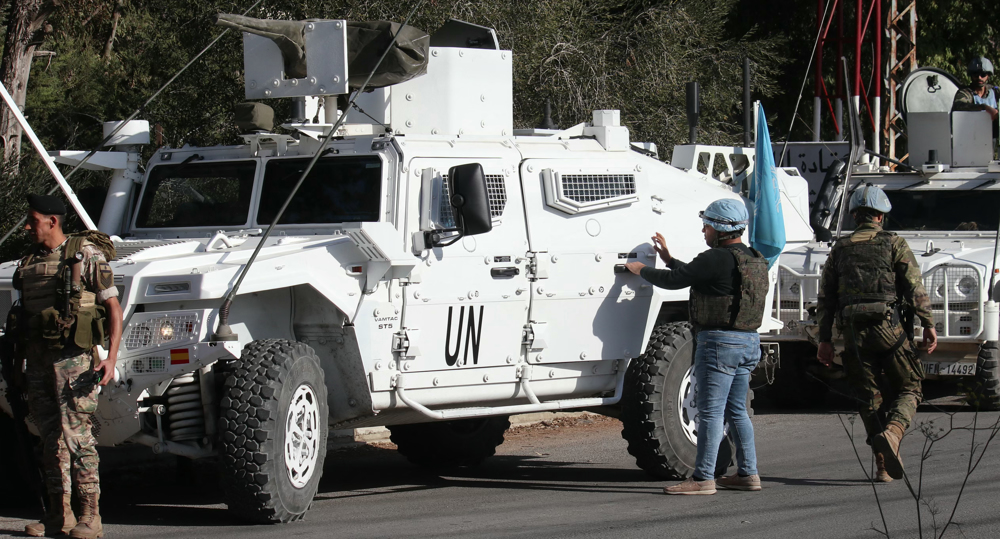
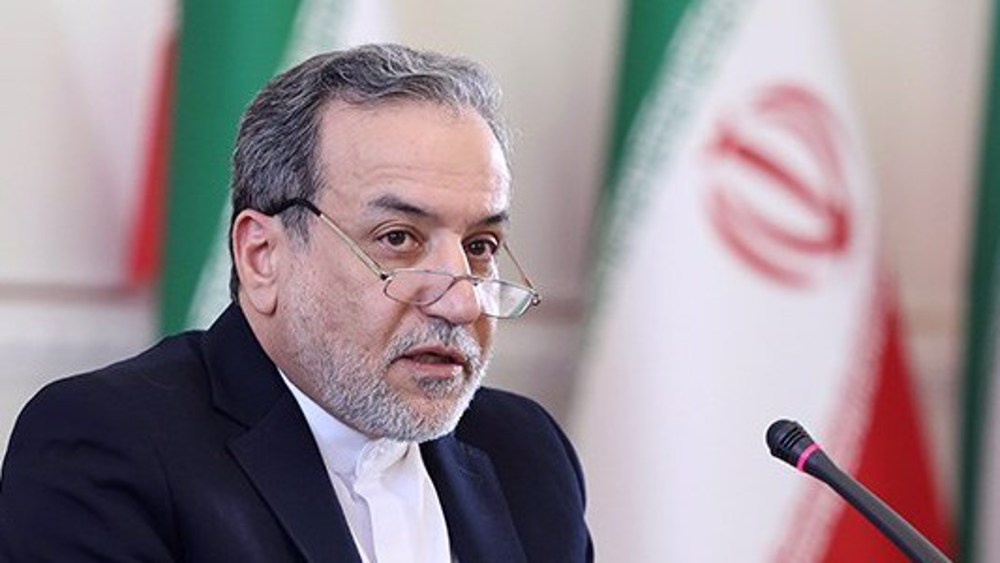



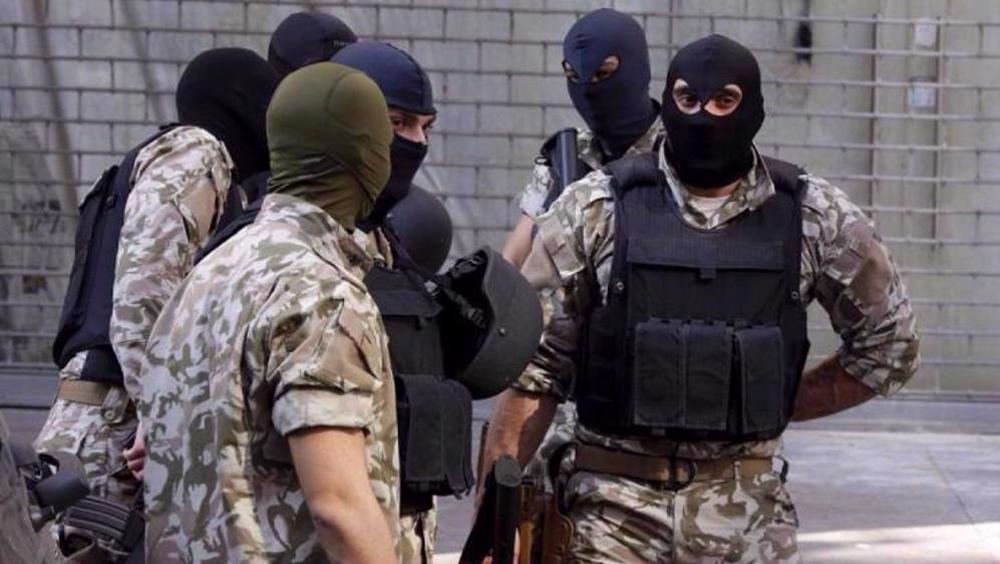
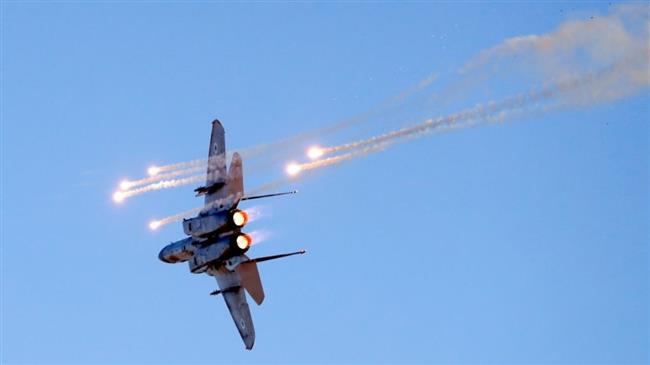
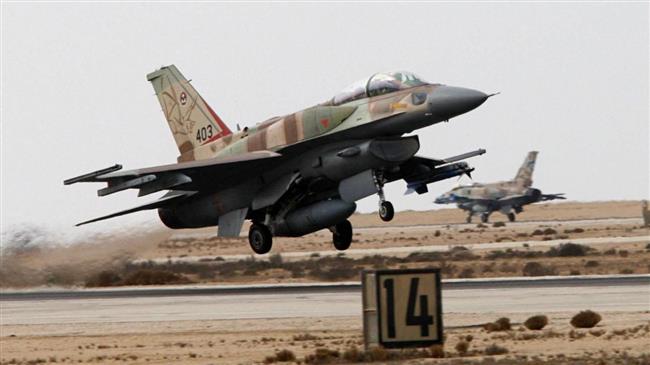
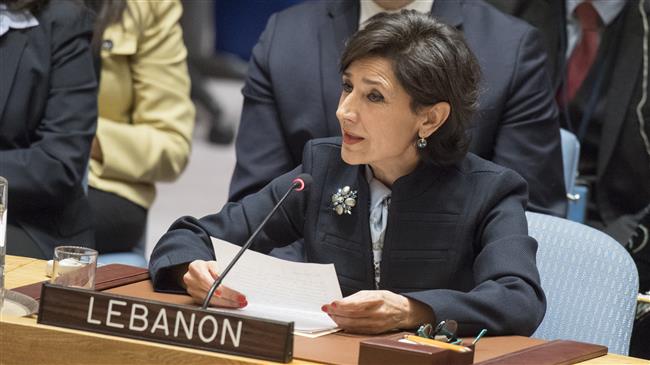

 This makes it easy to access the Press TV website
This makes it easy to access the Press TV website